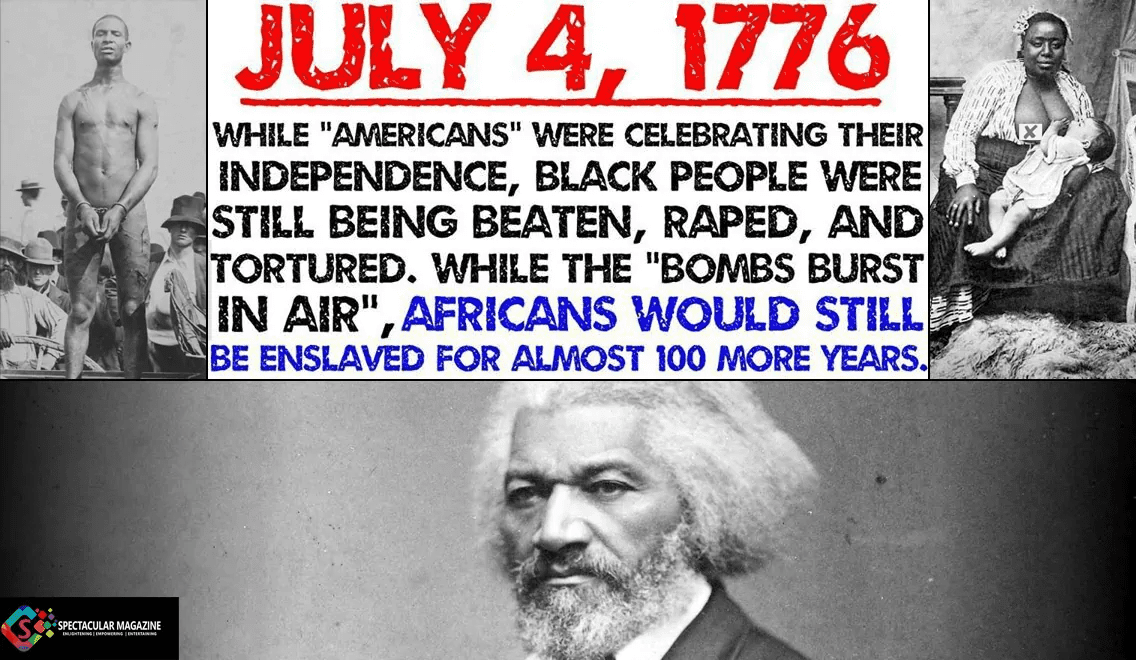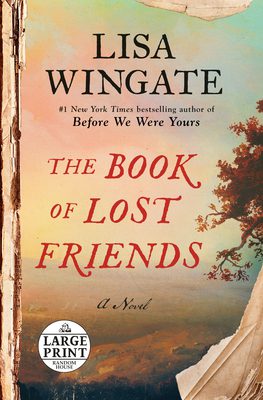July Fourth and Juneteenth: Thinking about who is left out

If you are not working on July 4, 2022, I hope you have an enjoyable day not working on July Fourth. Maybe you plan to do, or already did, something July Fourth-y. You know what I mean, like seeing fireworks, eating barbecue with friends or family, doing summer activities like swimming, or simply having an extra day to think about yourself and your loved ones instead of things you think about in order to make a living.
Maybe your July Fourth-y thing to do is to watch the actor playing Thomas Jefferson read the Declaration of Independence at the old State House. Perhaps you had a tradition of reading the Declaration out loud every year.
Maybe your July Fourth-y thing to do is to watch an actor playing Frederick Douglass read his 1852 speech What to the Slave is the Fourth of July? Maybe you stream a video of a dramatic reading of it. There are many performances available. I wrote about this speech last year on this blog.
Maybe you are working this Fourth of July. Maybe you work in a tourist business. This might be the first really busy (hard work) weekend of the year.
Whatever this national holiday is for you, I hope you have a good day.
What to a white person is Juneteenth?
We had a national holiday — three-day weekend — just two weeks ago. It’s a new national holiday, Juneteeth. This is how Britannica describes the holiday:
In 1863, during the American Civil War, Pres. Abraham Lincoln issued the Emancipation Proclamation, which declared more than three million slaves living in the Confederate states to be free. More than two years would pass, however, before the news reached African Americans living in Texas. It was not until Union soldiers arrived in Galveston, Texas, on June 19, 1865, that the state’s residents finally learned that slavery had been abolished. The former slaves immediately began to celebrate with prayer, feasting, song, and dance.
I chose the Britannica definition summary because it is British, not American. I found it more neutral than American summaries.
The naysayers say:
We live in the time of social media, so there were nay-sayers among white and Black people about celebrating the end of slavery. I am not getting into what the white people are saying. I don’t think white people have a seat at this particular table.
Is Juneteenth – the very end of African chattel slavery in the US – the right date to celebrate?
Slavery ended by proclamation in the United States on January 1, 1863. However, slavery continued within the Confederacy (the states in rebellion against the United States during the American Civil War) and in remote states where slavery had been legal before the proclamation. The people enslaved in Texas were released from chattel slavery, with the support of the military, on June 19, 1865. That is nearly two and a half years after they were legally freed. Is that something to celebrate? Should the celebration, instead, be part of New Year’s Celebration, when the Proclamation of Emancipation was enacted?
Other problems with celebrating the end of slavery
Can we celebrate the end of chattel slavery without paying attention to oppression that continues for Black (and BIPOC) people in our country? How do we celebrate steps in toward freedom without seeing the miles to go to end oppression?
Slavery still exists today. 40.3 million people are enslaved now, worldwide. Can we celebrate the end of slavery, when slavery still exists for other people?
How do we celebrate Juneteenth, as white people? Tag along and learn more.
Tag along:
I have lifelong practice either celebrating with or getting out of the way of people celebrating. It is the experience borne of being Jewish in America. As an American, I am inundated with Christmas from about Halloween until about a week after New Year’s Day. Some years, I get into the green-and-redness, watch movies or TV about Christmas stories, attend parties that are Christmas parties and those that are holiday parties that are still heavily Christian. Other years, I stand aside and let the revelers revel. When I am among Christians in November and December, I intend to not “yuck on their yum.” From this experience, I am taking the lead of African American people about how I can tag-along on Juneteenth celebrations.
(Note: “Yucking on someone’s yum” is being negative about what gives someone else pleasure. Here’s a riff on some common ways people yuck on other people’s yums. )
Learn more:
 Last July Fourth, I was in the middle of reading Frederick Douglass, Prophet of Freedom by David W. Blight. This year, I am in the middle of reading, The Book of Lost Friends by Lisa Wingate. It is fiction based on the history of Texas slavery and its aftermath.
Last July Fourth, I was in the middle of reading Frederick Douglass, Prophet of Freedom by David W. Blight. This year, I am in the middle of reading, The Book of Lost Friends by Lisa Wingate. It is fiction based on the history of Texas slavery and its aftermath.
I knew next to nothing about slaves in Texas. This book is giving me a window to peek into.